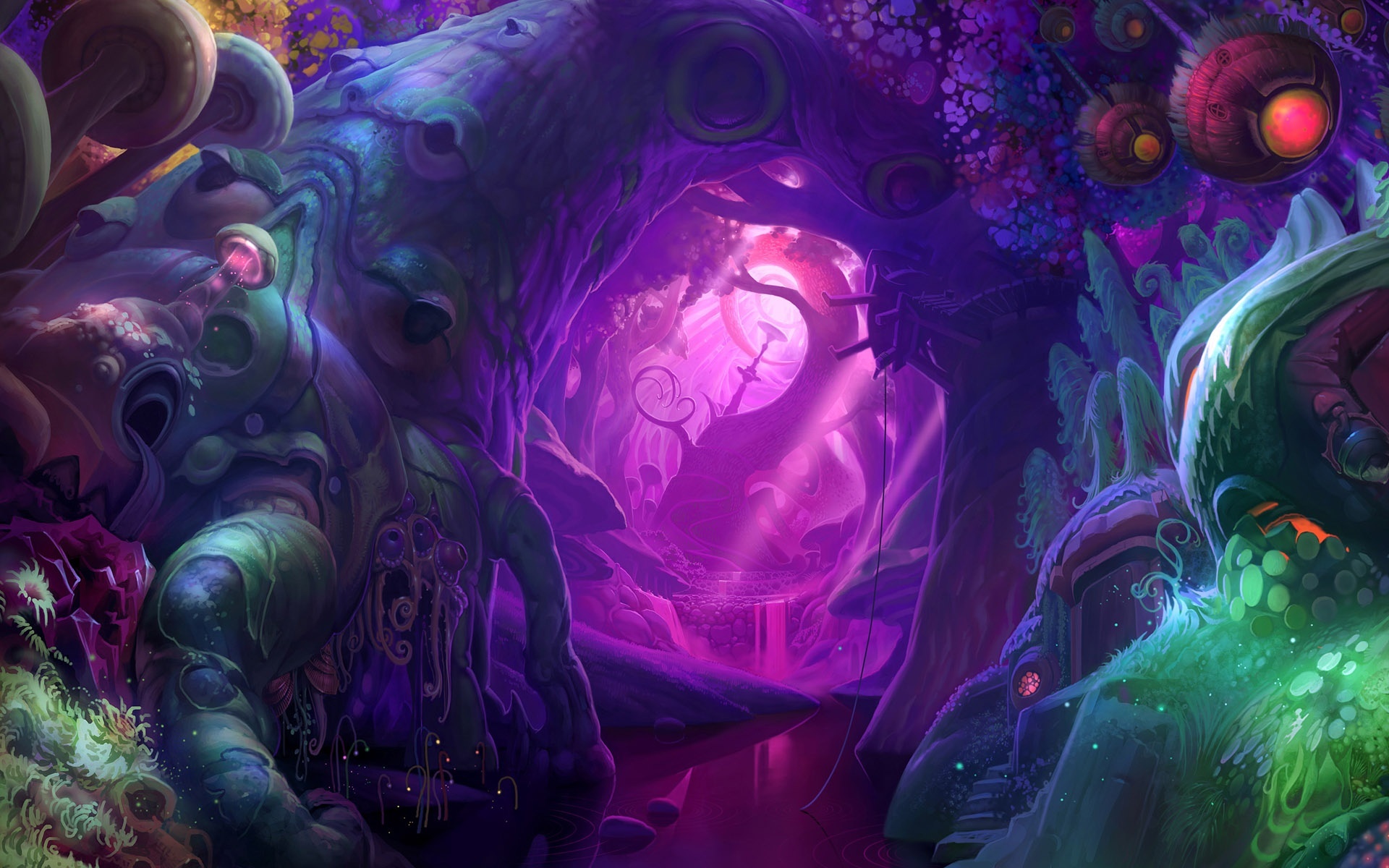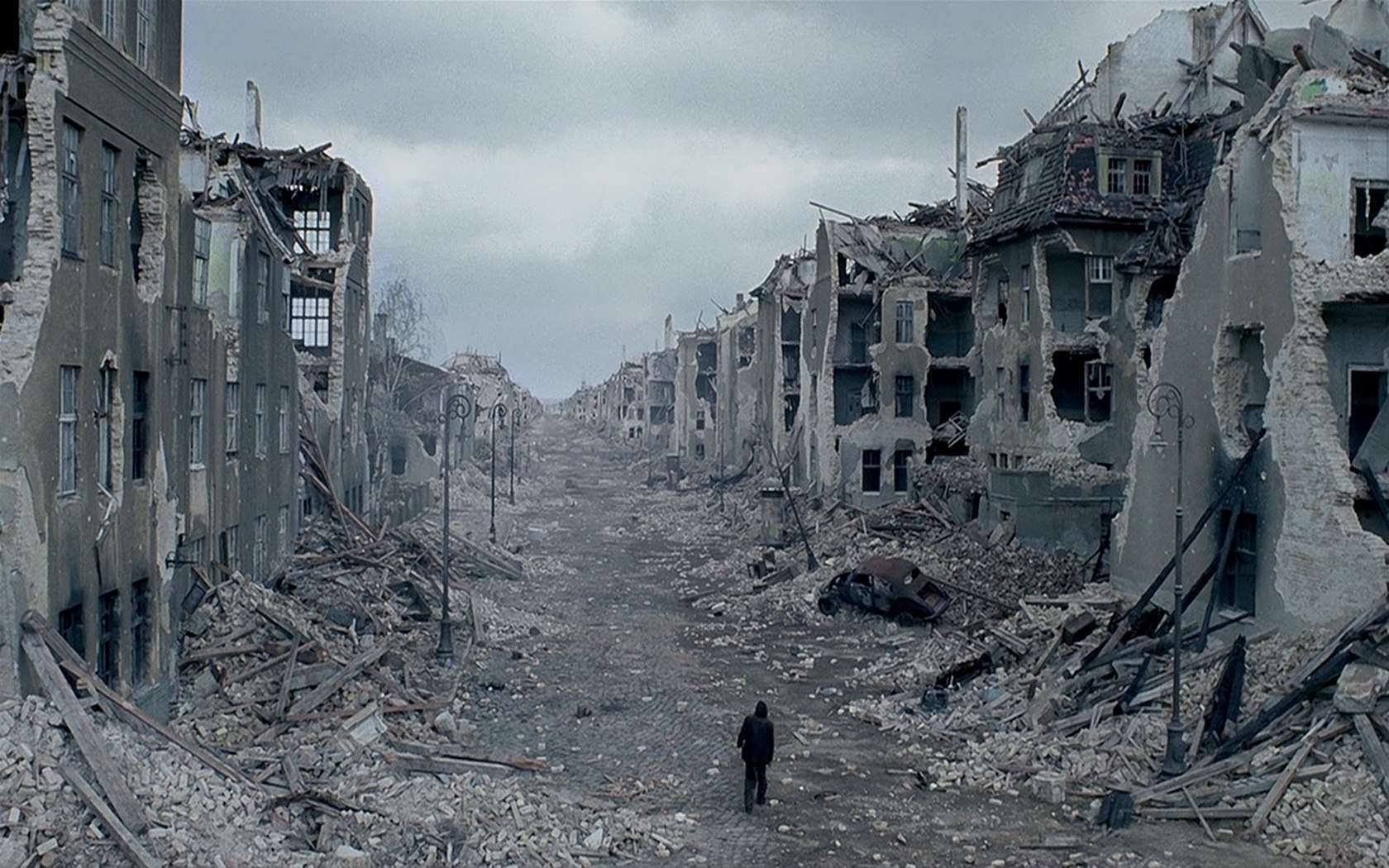Most people think that having a negative body image is only a problem for women. However, men are just as likely to have a negative body image. This is a problem because it can lead to depression, poor self-esteem and even eating disorders.
There are many reasons why someone might develop a negative body image. One reason might be that a person is constantly exposed to unrealistic images of what bodies are supposed to look like. For example, there are now so many images of perfect bodies on social media that it can be hard for people to stop comparing themselves to these images.
Another reason why someone might develop a negative body image is if they are constantly criticized or bullied about their body. This can be especially true for teenagers who are still developing their self-image.
If you have a negative body image, it can be difficult to feel good about yourself. You might feel like you are not good enough, no matter what you do. This can lead to a lot of unhappiness and even depression.
If you have a negative body image, it is important to seek help. You can talk to a therapist or counselor who can help you understand why you have a negative body image and how to overcome it. You can also join a support group for people with body image issues.
Body Dysmorphia
What is body dysmorphia?
Body dysmorphia is a mental disorder that is characterised by an obsessive focus on one or more perceived defects or flaws in appearance. People who suffer from body dysmorphia often have a distorted view of their own bodies, seeing themselves as much more unattractive than they actually are. This can lead to a range of emotional and behavioural problems, including depression, social isolation, and compulsive behaviours such as excessive dieting or plastic surgery.
Body dysmorphia can affect people of any age, but is most commonly seen in young adults. It is thought to affect around 1% of the population.
What are the symptoms of body dysmorphia?
The symptoms of body dysmorphia can vary from person to person, but typically include an excessive preoccupation with physical appearance, feelings of shame and humiliation about appearance, and a distorted view of one's own body. People with body dysmorphia may spend hours each day looking in the mirror, measuring their body parts, or obsessively picking their skin. They may also engage in extreme dieting or exercise, or go to great lengths to conceal their perceived flaws, such as wearing clothes that cover their entire body.
What causes body dysmorphia?
The exact cause of body dysmorphia is not yet known, but it is thought to be the result of a combination of environmental and genetic factors. Some experts suggest that body dysmorphia may be caused by a faulty mechanism in the brain that causes people to over-focus on their appearance.
How is body dysmorphia treated?
Body dysmorphia is considered a mental disorder and is typically treated with a combination of counselling and medication. Cognitive behavioural therapy (CBT) is often used to help people with body dysmorphia learn to challenge and change their negative thoughts and beliefs about their body. antidepressants may also be prescribed to help treat the emotional symptoms of body dysmorphia.
Conclusion but not the end
One consequence of the negative body image epidemic is that it can lead to eating disorders. Individuals with eating disorders often have a distorted view of their own bodies, which leads them to engage in extreme dieting and/or purging behaviors. Girls and young women are particularly vulnerable to developing eating disorders, and these disorders can have serious consequences for physical and mental health.
Some of this is created as well by excessive use and comparison on social media, advertising showing unrealistic body images, company pushing on excessive body changes with their products.
The UK government is now in discussion to put a stop or a slow down to the unrelistic representation of body images on media and social media.
All of us are different, be happy for what you are, be yourself, shine of your own, you are beautiful as you are! 


 Like
Like LOVE
LOVE Win
Win Cute
Cute LOL
LOL OMG
OMG WTF
WTF Fail
Fail










